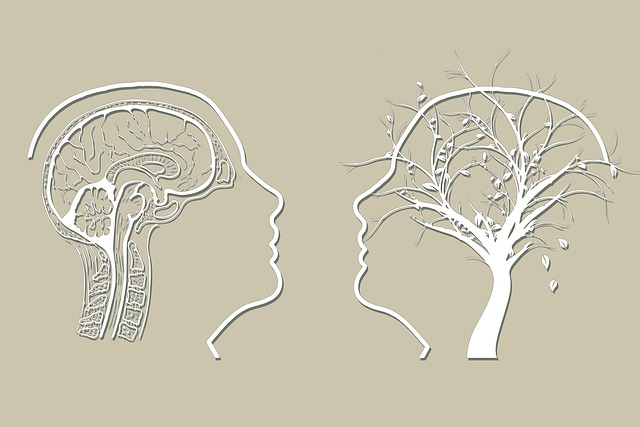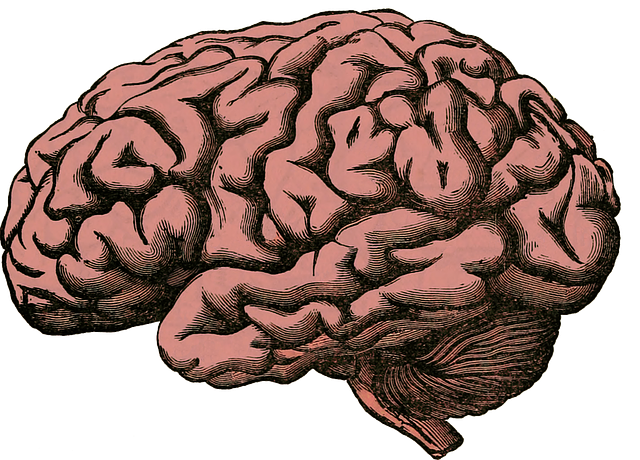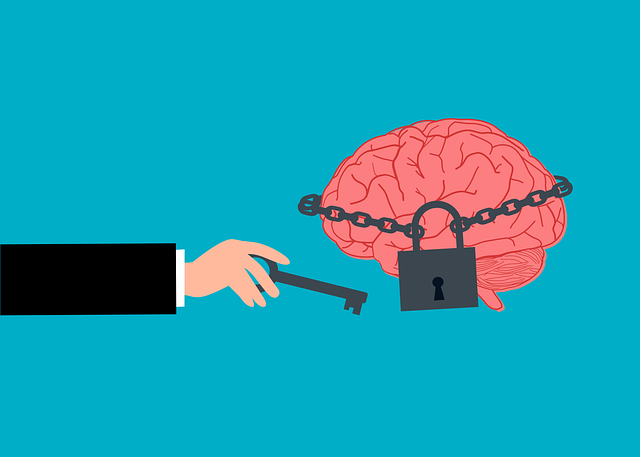Lakewood Dialectical Behavioral Therapy (DBT) offers a unique, evidence-based approach to improving mental health diagnosis accuracy. By integrating principles like Mental Wellness Journaling Guidance and skill-building in emotion regulation, DBT bridges gaps in understanding shared symptoms among disorders like depression and anxiety. This patient-centered therapy enhances assessment capabilities, crisis intervention guidance, and self-care routines for mental health professionals, leading to more nuanced diagnoses and personalized treatment plans. Through specialized training and regular updates, healthcare providers can better identify subtle cues of mental health disorders, ensuring improved care quality and outcomes.
Mental illness diagnosis accuracy is a critical aspect of patient care, yet challenges persist. This article explores strategies to improve diagnostic precision, focusing on the integration of Lakewood Dialectical Behavioral Therapy (DBT) techniques, enhanced training for healthcare professionals, and patient-centered approaches. Understanding the nuances of mental health conditions and leveraging evidence-based practices like DBT can lead to more accurate diagnoses and better treatment outcomes. By combining advanced tools with compassionate, patient-focused care, we can navigate the complexities of mental illness diagnosis more effectively.
- Understanding Mental Illness Diagnosis: Challenges and Gaps
- Integrating Lakewood Dialectical Behavioral Therapy (DBT) Techniques for Improved Accuracy
- Enhancing Diagnostic Tools and Training for Healthcare Professionals
- Patient-Centered Approaches: Empowering Individuals in Their Journey Towards Accurate Diagnosis
Understanding Mental Illness Diagnosis: Challenges and Gaps

Diagnosing mental illness accurately can be a complex and challenging task for healthcare professionals. Despite advancements in psychological research, there are still significant gaps in our understanding of various disorders and their symptoms. This is further complicated by the fact that mental health conditions often present with overlapping symptoms, making differentiation difficult. For instance, depression and anxiety disorders share numerous similarities, which can lead to misdiagnosis or delayed treatment.
In the context of Lakewood Dialectical Behavioral Therapy (DBT), a therapeutic approach focused on emotional regulation and distress tolerance, addressing these challenges is paramount. DBT incorporates Mind Over Matter principles to empower individuals in managing their mental health actively. By promoting self-awareness and journaling exercises as part of Mental Wellness Journaling Guidance, patients can gain valuable insights into their thoughts, emotions, and behaviors. This proactive approach contributes to a more nuanced understanding of mental illness, bridging the gaps in diagnosis and treatment efficacy.
Integrating Lakewood Dialectical Behavioral Therapy (DBT) Techniques for Improved Accuracy

Integrating Lakewood Dialectical Behavioral Therapy (DBT) techniques into mental health care has shown significant promise in improving diagnosis accuracy and patient outcomes. DBT, originally designed for individuals with borderline personality disorder, emphasizes skill-building to regulate emotions, tolerate distress, and improve interpersonal effectiveness. By incorporating these principles, mental health professionals can enhance their assessment capabilities, especially when dealing with complex cases involving co-occurring disorders or those with a history of trauma.
This approach offers valuable tools for crisis intervention guidance, trauma support services, and self-care routine development—all essential aspects of fostering better mental health. DBT encourages individuals to adopt healthier coping strategies, leading to more accurate diagnoses as therapists gain a deeper understanding of their patients’ emotional and behavioral patterns. As such, it represents a game-changer in the field, enabling professionals to navigate intricate mental health landscapes with enhanced precision and care.
Enhancing Diagnostic Tools and Training for Healthcare Professionals

Mental health professionals are continually striving to improve diagnostic accuracy, and this involves enhancing tools and training methods. One such initiative is the integration of evidence-based practices like Lakewood Dialectical Behavioral Therapy (LDBT). LDBT offers a comprehensive framework for understanding complex mental health conditions, particularly in individuals dealing with emotional dysregulation. By teaching effective conflict resolution techniques and confidence boosting strategies, this therapy empowers patients to navigate their emotions and relationships more healthily.
Healthcare professionals undergo specialized training to master these advanced therapeutic techniques. This includes learning how to identify subtle cues and patterns that may indicate specific mental health disorders. With improved training, professionals can better assess and diagnose conditions, ensuring more personalized treatment plans. Moreover, focusing on burnout prevention among healthcare providers is essential for maintaining the quality of care. Regular training sessions and workshops play a vital role in keeping practitioners updated with the latest research and techniques, ultimately benefiting patients seeking mental health support.
Patient-Centered Approaches: Empowering Individuals in Their Journey Towards Accurate Diagnosis

Patient-centered approaches are transforming the landscape of mental illness diagnosis and treatment. By empowering individuals to actively participate in their care journey, therapists like those at Lakewood Dialectical Behavioral Therapy (DBT) help clients develop crucial inner strength and emotional healing processes. This method involves collaborative problem-solving, where patients and therapists work together to understand symptoms, set personalized goals, and navigate challenges unique to each individual’s mental health narrative.
Through this patient-focused strategy, individuals gain a deeper understanding of their experiences, fostering self-awareness and resilience. The process encourages active engagement in therapy sessions, promoting a sense of ownership over one’s mental health journey. This approach not only enhances the accuracy of diagnosis but also strengthens the therapeutic bond, ultimately contributing to improved mental health outcomes and heightened awareness around emotional well-being.
In addressing mental illness diagnosis accuracy, integrating innovative approaches like Lakewood Dialectical Behavioral Therapy (DBT) techniques proves invaluable. By enhancing diagnostic tools and training for healthcare professionals, we can ensure more precise evaluations. Patient-centered strategies that empower individuals throughout their journey towards accurate diagnoses are essential in improving overall mental health care. These efforts collectively contribute to a more comprehensive understanding of mental illness, ultimately fostering better support and outcomes for those seeking help.














